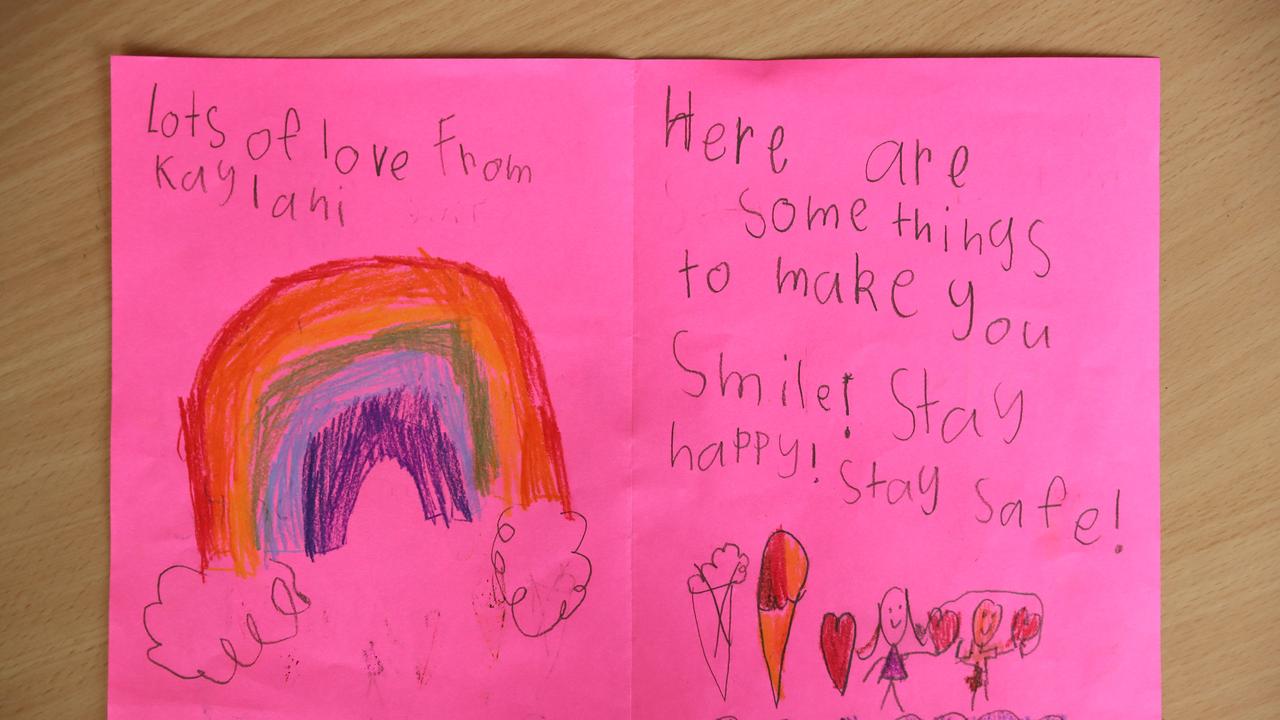National survey dropped as expert warns of ‘huge waste of human potential’
WE TRIED a “cheap fix” for this problem but it’s not working and one expert has warned of the “waste of human potential”.
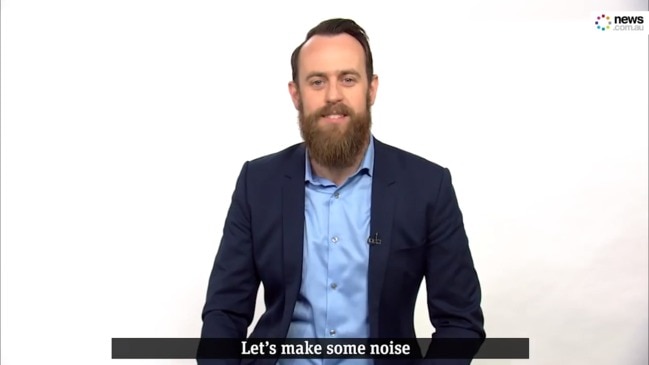
A SURVEY on the mental health of Australians that was expected to be done in 2017 won’t be funded, a government spokesman has suggested.
Many thought the National Survey of Mental Health and Wellbeing, which was done in 1997 and 2007, would survey residents again in 2017.
But in response to inquiries from news.com.au, a spokeswoman for the Federal Department of Health said “the survey was not designed or scheduled to be held every 10 years”.
The move has worried Melbourne University Professor Patrick McGorry, who says we need better data on which to inform policy.
Prof McGorry said the survey should actually be done every five years, not every 10 years.
“This is a serious enough issue that it should be done on a regular basis. The data we currently have is inadequate,” he told news.com.au.
Opposition ageing and mental health spokeswoman Julie Collins told news.com.au the survey provided an important evidence base about the prevalence of mental ill health and provided valuable data for further research and service delivery.
“We are concerned the Government is not funding this important data gathering exercise,” she said. “It is Labor’s strong view the survey should not be further delayed or postponed as this data is needed.”
But the department spokeswoman said it could get data on suicide from other sources.
“The Department makes use of a range of population survey data to inform its work and has ongoing discussions with the ABS on mental health data issues,” she said.
She said the annual ABS Causes of Death survey provides a range of data on suicide, the AIHW publishes frequent updates on health services, including mental health services and that other more localised collections like the Primary Health Networks could be used for particular service provision purposes.
News.com.au has been highlighting men’s mental health issues as part of its campaign The silent killer: Let’s make some noise in support of Gotcha4Life and Movember.
Prof McGorry has been announced as the chair for a potential royal commission into mental health, which Victorian Premier Daniel Andrews announced would be funded to the tune of $13.2 million if Labor was re-elected in November.
“More than 3000 Australians take their own life every year,” Mr Andrews said in a statement.
“Imagine what we’d do if 3000 people were getting gunned down on the street in this country?”
Prof McGorry, a former Australian of the Year and campaign patron for Australians for Mental Health, has welcomed the prospect of a royal commission but there’s no guarantee it will go ahead as the Liberal party has not committed to it.
Federal, state and territory governments are already putting in about $9 billion a year into addressing mental health — equivalent to $1 million per hour. Despite this substantial funding, 3128 people died from suicide in 2017, an increase of 9.1 per cent from 2016.
What Australia is doing is obviously not working.
“We need a complete redesign of our system,” Prof McGorry said. “Before we had big asylums located in tranquil settings but we have reduced the number of beds by a factor of 10 and crammed them in acute hospitals.”
In more recent times, psychiatric units were built wherever there was space — over hospital carparks or crammed in small spaces, like the zone between two buildings, “like an afterthought”, Prof McGorry said.
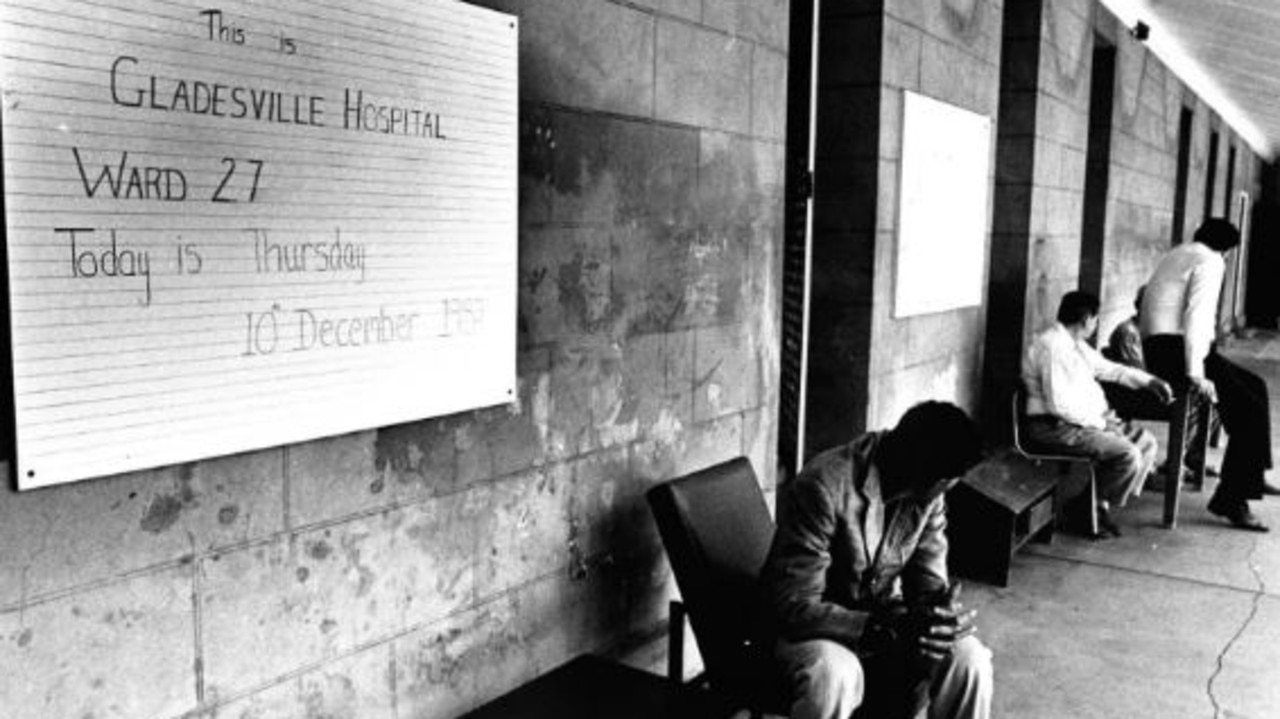
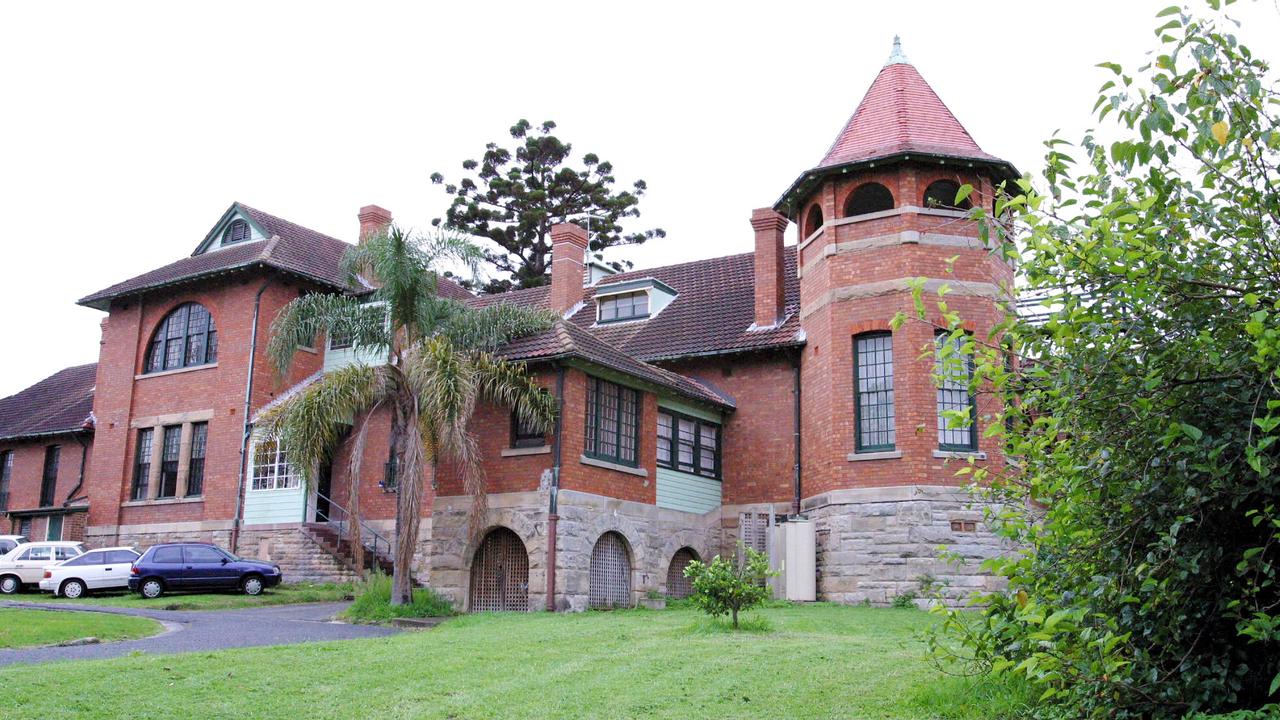
“We got rid of the old asylums in the 1990s but we crammed a small number of beds into acute hospitals instead.
“There was no thought put into the design or whether they would work for people, most were done on the cheap and they’re just as disappointing as the wards in the old mental hospitals.”
Now Australia’s suicide rate is on the rise and there are increasing calls for change to how mental health is treated.
Mental illness affects about 4 million Australians and every day eight Australians take their own lives.
Prof McGorry, who is executive director at Orygen, the National Centre of Excellence in Youth Mental Health, said Australia was quite innovative in the mental health space, developing programs like headspace, which is aimed at young people, but it was not good at scaling these up and making these programs available to everyone, in the same way that treatment was for conditions like cancer and heart disease.
The World Health Organisation noted in 2013 that no country in the world could say its services were reaching all those in need.
“When it comes to equity in health care, Australia is just as bad as any other country,” Prof McGorry said. “If we can’t change and invest more heavily in expert care, people will continue to die premature deaths.
“We could get much better levels of recovery from mental illness and productivity. It is possible but currently there’s a huge waste of human potential.”
WE NEED A ROYAL COMMISSION
Prof McGorry has welcomed the possible royal commission in Victoria.
While there have been previous studies into the issues, Prof McGorry said an inquiry would provide a gateway for change like the recent royal commission into family violence had done.
“Personally I think we’ve got a very clear idea of what needs to be done,” he said “But unless we shine a light on it, and get the stories out there, and put the analysis and solutions on the table in a public way, it’s very hard to build public and political support needed for investment.”
In particular Prof McGorry said there was a need for the “missing middle” services to be provided.
He said there were probably a million Australians whose mental health issues were too complex for a GP or community services to manage, but who were not yet desperate enough to end up in an emergency department.
“We are seeing people living on the streets or dead by suicide, that could have been prevented,” he said.
Prof McGorry believes there needs to be more specialised community based hubs, which work with GPs and other groups like headspace.
The professor has been named the chair of the potential royal commission and he has called for the Liberal party in Victoria to also support it but this does not look likely.
News.com.au asked Liberal leader Matthew Guy whether he would support the royal commission and his spokesman referred to statements from Opposition health spokeswoman Emma Kealy. She said community mental health funding had been cut under Mr Andrew’s leadership and Labor had lost control of population growth.
“Now we have more people sharing less mental health services,” she said.
“If Daniel Andrews is serious about doing more for mental health, he will start by reversing his cuts and finding more funding to match the population growth that has occurred on his watch.”
According to 2018-19 budget papers, cash spent on community mental health in Victoria has decreased, although this “reflects the phased introduction of the National Disability Insurance Scheme”.
Prof McGorry said the NDIS helped only 10 per cent of people with the most severe forms of mental illness.
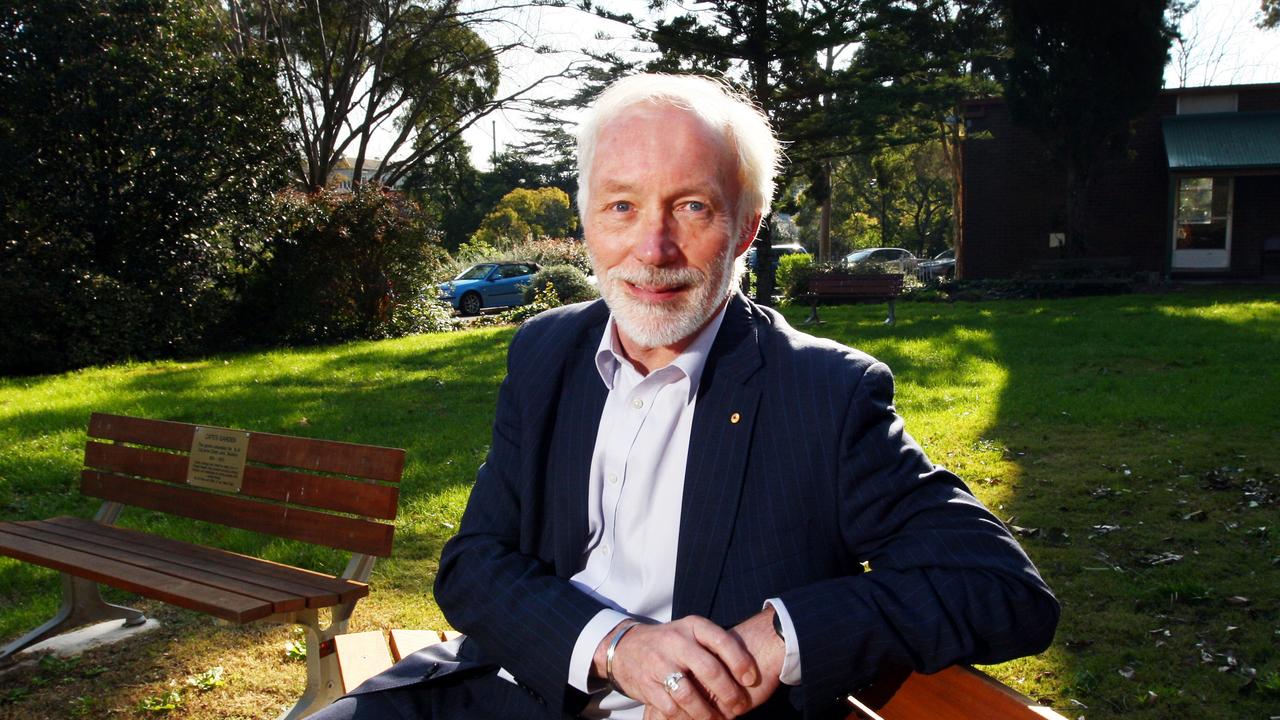
“It’s largely irrelevant for the majority of people with mental illness,” he said. “I’m not knocking it, it’s good for those with physical disabilities but it’s a minor player when it comes to the care of the mentally ill.”
The Federal Government provides just over half of the funding on mental health (it spent an estimated $4.7 billion this year) but some believe this money could be better targeted.
On October 7, the Morrison Government announced it would establish a Productivity Commission Inquiry into the role of mental health in the Australian economy. A final report is expected in about 18 months.
The inquiry will reveal the true impact of mental illness on the economy and provide recommendations on how the government can most effectively improve population mental health, and social and economic participation.
Prof McGorry believes the inquiry, along with the royal commission proposed in Victoria, could provide guidance on how to improve the system.
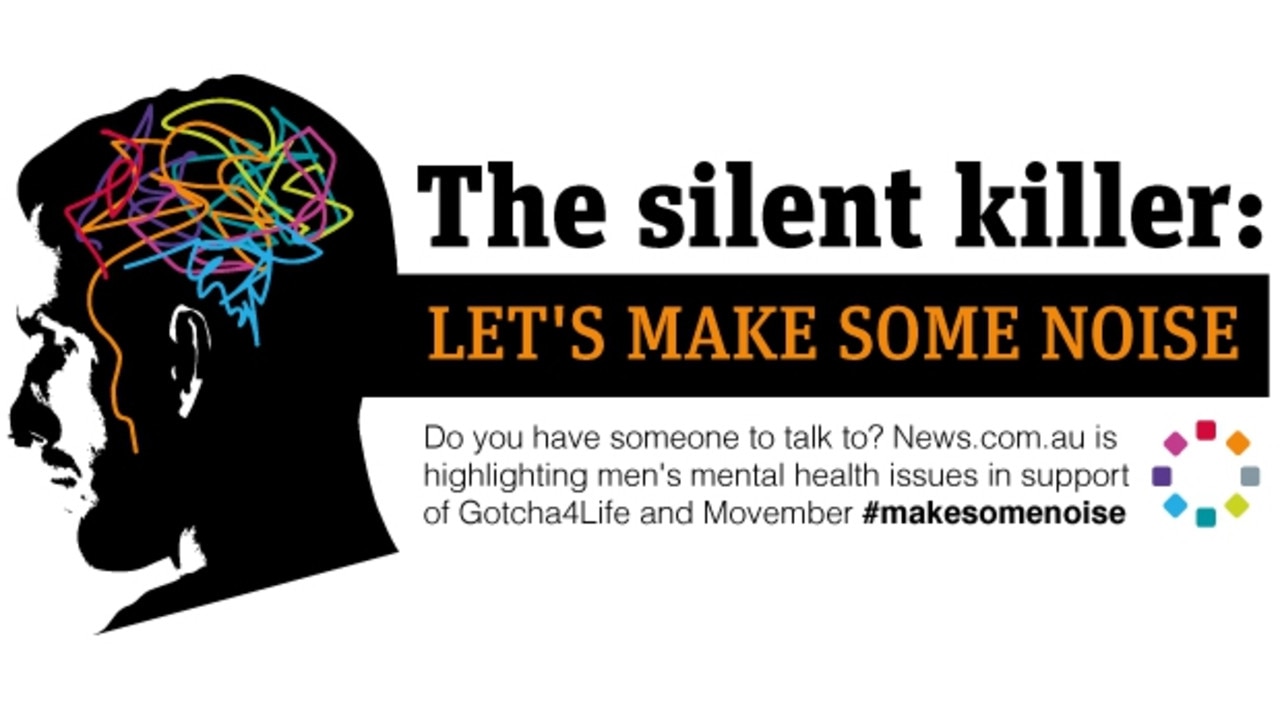
Email: charis.chang@news.com.au | Twitter: @charischang2




